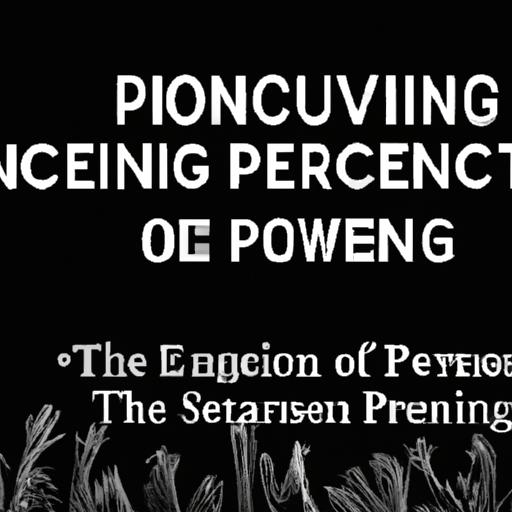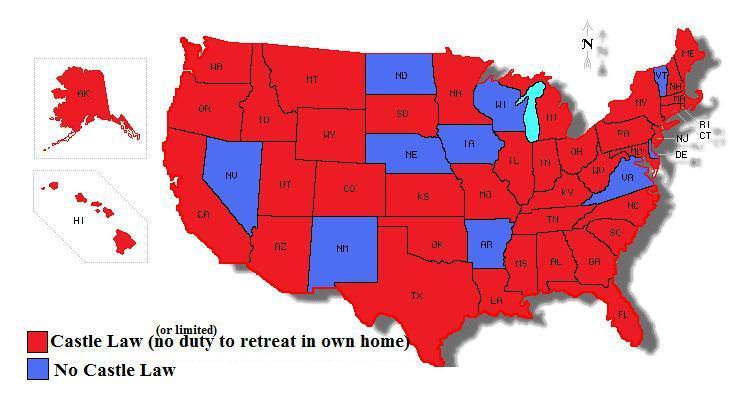Defend Your Sanctuary: The Castle Doctrine Explained.

Defend Your Sanctuary: The Castle Doctrine Explained
The right to defend your home is a basic aspect of personal safety and autonomy. The Castle Doctrine is a legal principle that empowers individuals to use reasonable force, including deadly force, to protect their home from intruders. In this article, we will delve deep into the legalities, benefits, and real-life applications of the Castle Doctrine, helping you understand how this principle can defend your sanctuary.
What is the Castle Doctrine?
The Castle Doctrine allows individuals to protect their homes against intruders without a duty to retreat. Originating from the notion that one's home is a sanctuary, this doctrine is recognized in several forms across various states in the U.S. Here are some key elements:
- No Duty to Retreat: In most jurisdictions, if you are in your home, you do not have to retreat before using force against an intruder.
- Reasonable Belief: You can act if you reasonably believe that your life or the lives of others are in imminent danger.
- Protection of Property: Some states extend the doctrine to protect personal property as well.
How Does the Castle Doctrine Work?
The application of the Castle Doctrine varies by state, but generally, it allows homeowners to take immediate action against threats. Here’s how it typically works:
Key Components of the Castle Doctrine
| Component | Description |
|---|---|
| Location | Typically applies within one's home, sometimes extending to property. |
| force | Allows use of reasonable or deadly force based on perceived threat. |
| Intrusion | Requires an unlawful entry or immediate threat to safety. |
Castle Doctrine vs. Stand Your Ground Laws
While similar, the Castle Doctrine is not the same as Stand Your Ground laws. Here’s a brief comparison:
| Aspect | Castle doctrine | Stand Your Ground |
|---|---|---|
| Location | Home or dwelling | Anywhere, no retreat necessary |
| Duty to Retreat | No | No |
| Usage | Primarily for home defence | For personal defense in public as well |
Benefits of the Castle Doctrine
The Castle Doctrine provides several benefits to homeowners, enhancing their confidence and sense of security.Here are a few notable advantages:
- Legal Protection: Homeowners gain legal protection when using reasonable force against intruders.
- Deterrent Effect: The existence of such laws deters potential criminals from attempting home invasions.
- Peace of Mind: Knowing that you can defend your home without legal repercussions provides peace and security.
Practical Tips for Homeowners
Understanding the Castle Doctrine is essential, but knowing how to prepare and protect your sanctuary is equally important. Here are some practical tips:
Enhance Your security Measures
- install robust locks and security systems.
- Have outdoor lighting to deter potential intruders.
- Consider a safe room within your home.
Educate Yourself on Local Laws
Each state has different regulations regarding the Castle Doctrine. Make sure to:
- familiarize yourself with local laws and regulations.
- Understand the implications of using force in self-defense situations.
Case studies: Real Life Applications of the Castle Doctrine
Case Study 1: The Intruder Incident
In a well-documented case in Texas,a homeowner confronted an armed intruder.The homeowner, who had been woken during the night, fired at the intruder, believing their life was in danger. The court upheld the homeowner's actions based on the Castle Doctrine, ruling in favor of the right to defend one's home.
Case Study 2: Florida and the Assault
In Florida, a homeowner defended their property against an attempted burglary. when the intruder entered the garage, the homeowner shot in self-defense. The jury found the homeowner not guilty, citing the Castle Doctrine, which emphasizes the right to protect one’s home without a duty to retreat.
Personal Experiences: Defending Your Home
Many individuals have stories that showcase the importance of the Castle Doctrine. A close friend recounted their experience when an intruder attempted to enter their home. Thanks to their home security measures and knowledge of their legal rights, they felt empowered to take action without fear of legal repercussions.Such experiences highlight the crucial role that this doctrine plays in everyday life.
Conclusion
Understanding the Castle Doctrine is critical for anyone looking to protect their home and loved ones. By arming yourself with knowledge about your rights and the legalities of using force in defense of your sanctuary,you can create a safer habitat.Remember, this doctrine is not just about legal protection; it’s about fostering confidence and ensuring peace of mind while living in your home. equip yourself with the right facts, prepare your sanctuary, and stand firm in your right to defend the place you call home.





Responses